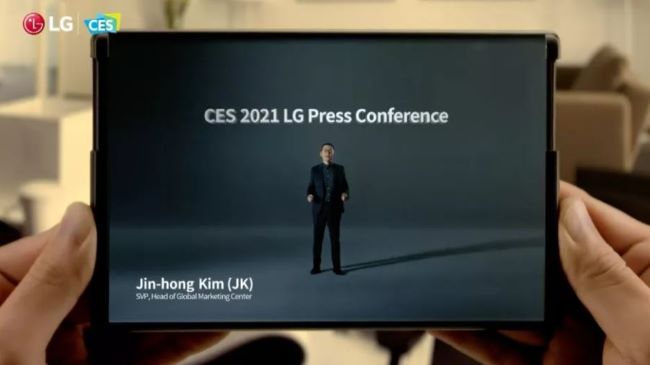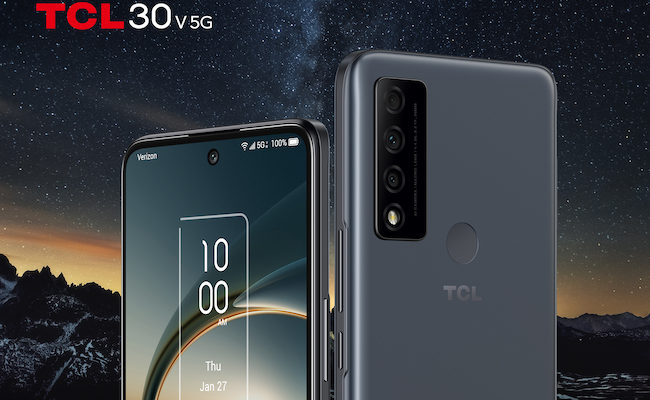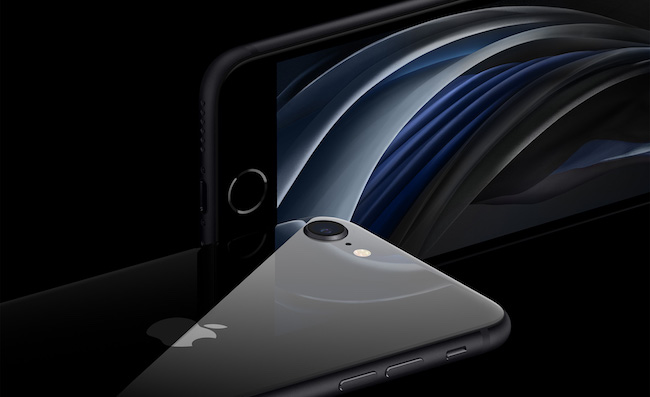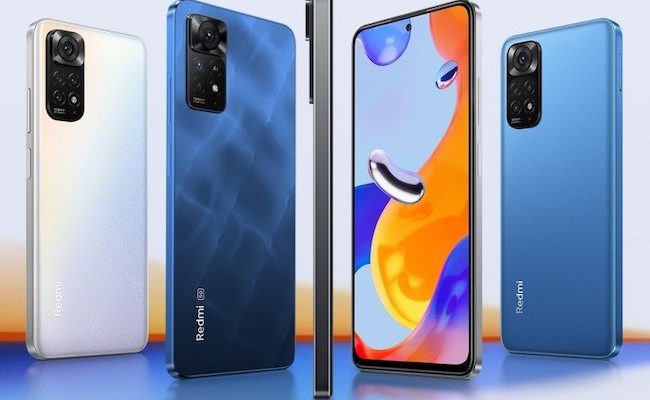LG’s efforts to sell its smartphone business have stalled as the company has declined an offer from Vietnamese conglomerate, Vingroup.
A recent report from The Korea Herald indicated that LG decided to pass on the offer, which was priced lower than the brand was willing to accept. In particular, Vingroup was interesting in buying LG Mobile factories in Vietnam and Brazil. The company sells its own devices under the brand, VinSmart and is looking to expand its business overseas.
LG will continue to look for a new buyer, while weighing out other options to potentially salvage its mobile business. There are few details on other prospective buyers; however, in the last month there were murmurs that the likes of Google, Facebook, and BOE were in the running to purchase LG Mobile.
Google has notably collaborated with LG in the past on models of its old Nexus line of smartphones, while Facebook is increasingly looking to get into the hardware business. Display maker, BOE has also been in close collaboration with LG, working on its rollable display smartphone. However, that project is now on hold due to LG’s rocky status, and could now be scrapped completely, though LG has stated that no final decisions have been made about its rollable smartphone.
Sources close to the matter have detailed that LG is looking further into restructuring plans that will cause the least amount of disruption. The factories in Vietnam and Brazil could be repurposed to make home appliances. Doubling down on January sentiments from LG CEO Kwon Bong-Seok, mobile sector employees could be transferred to other parts of the business or sent to work with LG affiliates.
Overall, it is clear LG will have to make swift and serious decisions about what will happen to its mobile sector. Counterpoint Research has noted that LG shipped 24.7 million smartphones in 2020, a 13 percent dip from the year prior. This puts the brand in ninth place among the world’s largest smartphone makers, with a market share of just 2 percent. It has seen consecutive operating losses for 24 consecutive quarters since 2015, equating to 5 trillion won ($4.5 billion).
Luckily, the brand has a whole is not under the same strain. LG has been fleshing out its presence in the EV and vehicle component space, with a collaboration with parts maker Magna International to make electric cars. As mentioned, its home appliances sector is healthy and could expand in the wake of mobile business losses. LG is also consistently known for is TV division, which first showcased its rollable display technology on television sets.




